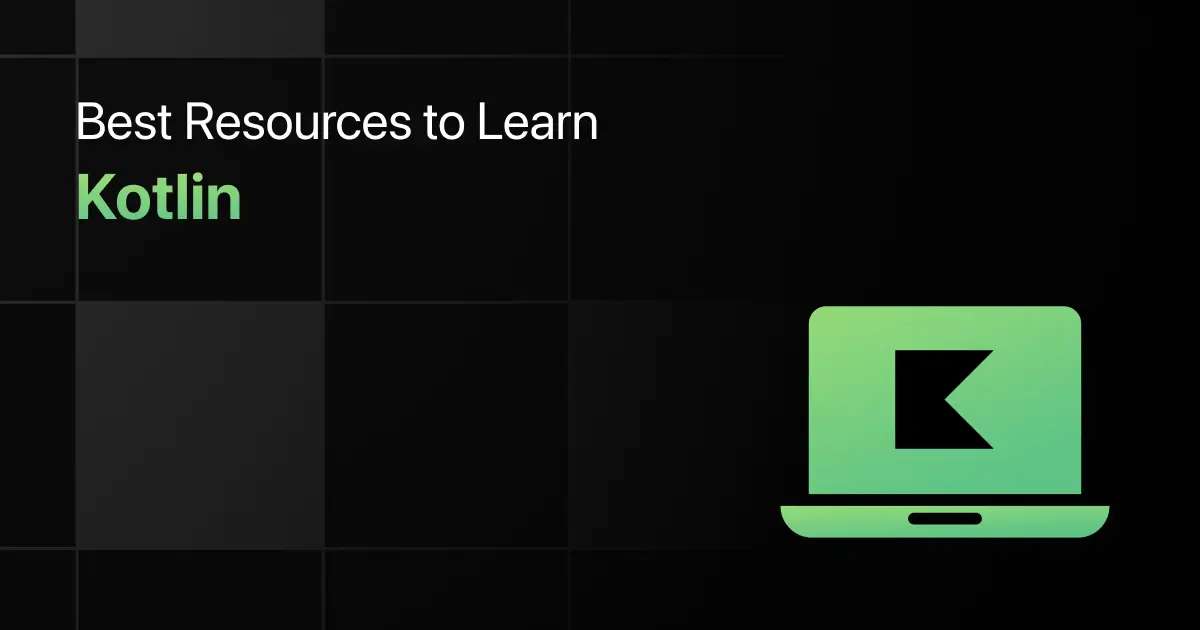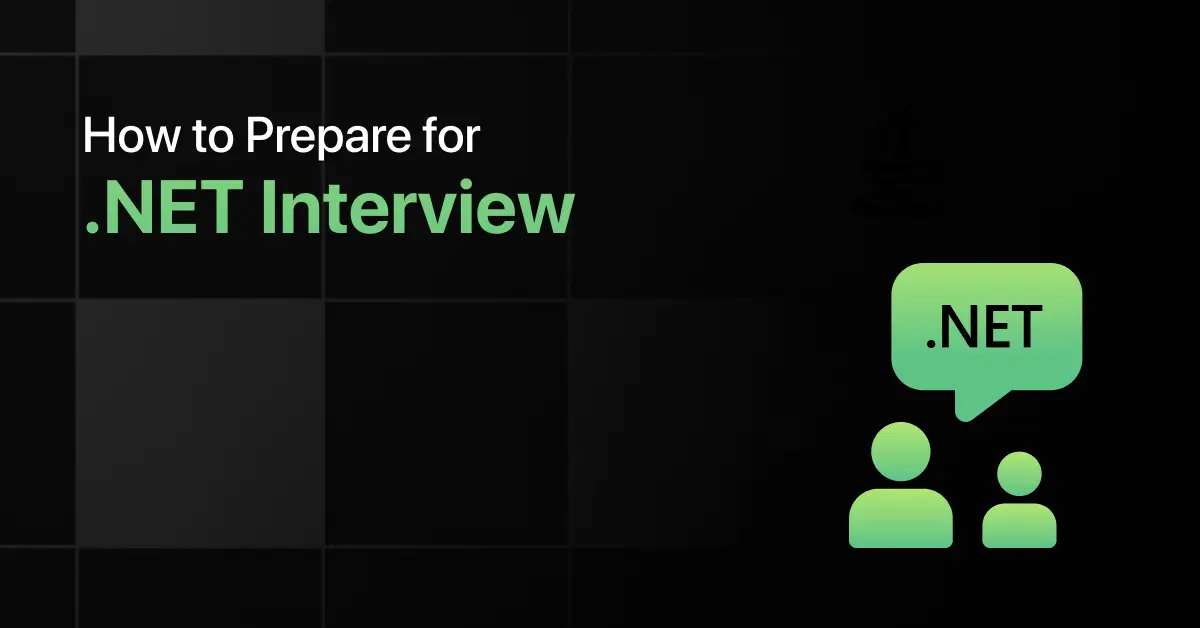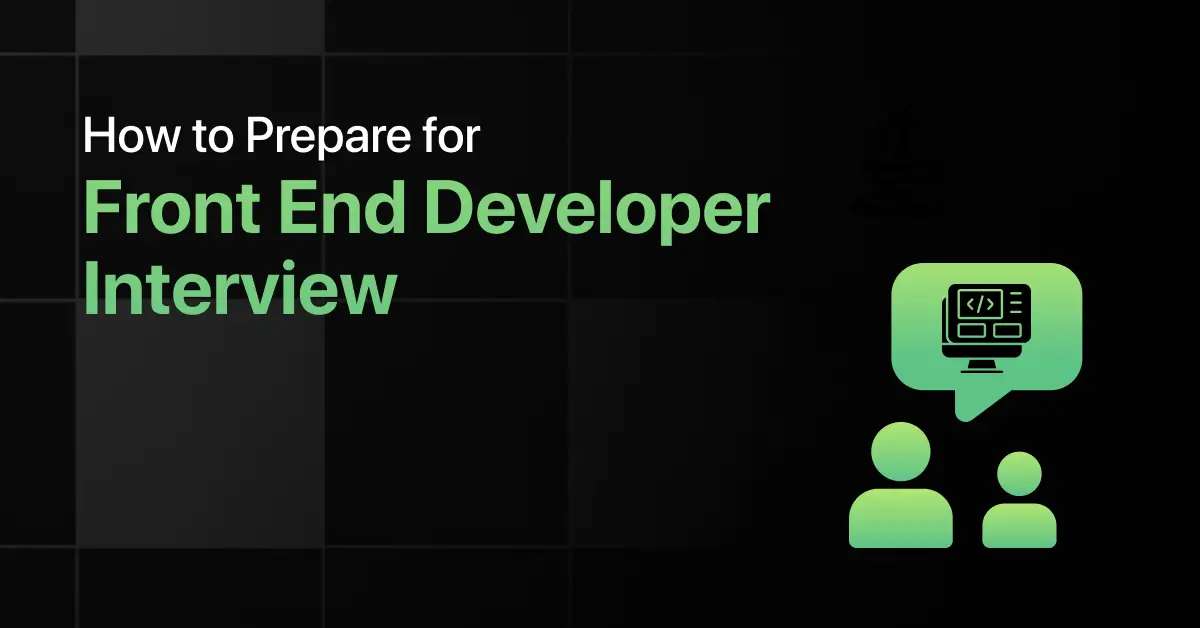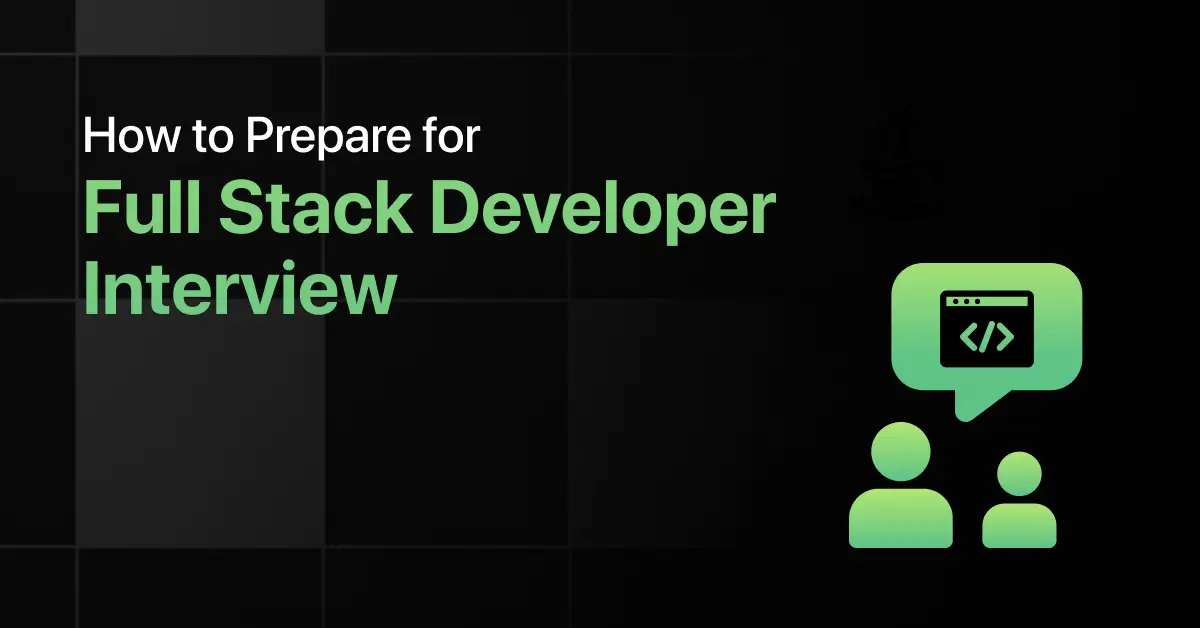Best Resources to Learn Kotlin

Kotlin is a modern, statically typed programming language developed by JetBrains and officially supported by Google for Android development. It combines simplicity, safety, and expressiveness, making it an ideal choice for both beginners and experienced developers building mobile and backend applications.
In 2025, Kotlin continues to grow in popularity due to its seamless integration with Java, strong support from the Android ecosystem, and use in server-side development. This article outlines the best resources to learn Kotlin step by step so you can build practical skills for mobile app development and beyond.
A Quick Overview of Kotlin
| Popular Use Cases | Kotlin is used in Android app development, backend services, web applications, and multiplatform projects. |
| Learning Curve | Kotlin has a gentle learning curve, especially for those with Java or OOP experience, and is approachable for new learners. |
| Demand in India | Kotlin is widely adopted in the Android job market and is gaining traction in backend and multiplatform roles. |
| Job Roles | Roles include Android Developer, Kotlin Developer, Mobile App Engineer, Backend Developer, and Full Stack Developer. |
| Salary Range | Entry-level Kotlin developers earn ₹5–7 LPA, while experienced engineers can earn ₹12–25 LPA in top mobile and product firms. |
| Top Companies Hiring | Leading recruiters include Google, Swiggy, Paytm, Flipkart, Razorpay, and startups building Android-based products. |
Key Concepts to Learn in Kotlin
To become proficient in Kotlin, it is essential to build a solid understanding of the following core topics:
- Variables and Data Types : Learn how Kotlin handles type inference, immutability with val, and standard data types.
- Control Flow : Use if, when, loops, and expressions to manage logic and flow in Kotlin programs.
- Functions and Lambdas : Understand how to declare functions, use default and named parameters, and apply lambda expressions.
- Object-Oriented Programming : Master classes, inheritance, interfaces, and data classes for structured code design.
- Null Safety : Learn Kotlin’s built-in null safety features using nullable types and the safe call operator.
- Collections and Functional Programming : Work with lists, sets, maps, and use operations like map, filter, and fold.
- Extension Functions : Extend existing classes with new functionality in a clean and reusable way.
- Coroutines and Asynchronous Programming : Learn how to handle concurrency and background tasks using Kotlin coroutines.
- File and Network I/O : Read from and write to files, and make network requests using standard libraries or Android APIs.
- Kotlin for Android : Understand how Kotlin integrates with Android Studio, Jetpack components, and Compose.
Best Online Resources to Master Kotlin
Kotlin is best learned through a step-by-step path that starts with syntax and object-oriented basics, then moves into hands-on coding with collections, null safety, and coroutines.
Once core concepts are mastered, you can apply them to Android development or server-side applications using real-world projects. The resources listed below are arranged in the right order to help you progress smoothly from beginner to production-ready development.
Getting Started
If you’re new to Kotlin, it’s best to begin with structured video content and beginner-friendly courses that explain how the language works in real applications.
1. YouTube Channels
YouTube is an excellent platform for getting familiar with Kotlin through visual tutorials. These videos often walk you through syntax, project setup, and practical examples, making it easier to understand how Kotlin is used in Android development and general programming.
Learning Outcomes:
- Understand Kotlin fundamentals through guided videos
- Follow real examples to grasp Android-specific usage
- Learn how to write, debug, and run basic Kotlin programs
- Gain clarity with visual demonstrations of code
Mode of Learning: Online and self-paced
2. Free Courses
Free courses offer a structured learning journey starting from the basics of Kotlin. These often include lessons on variables, conditionals, loops, and object-oriented programming, along with hands-on practice and quizzes to test your understanding.
Learning Outcomes:
- Learn Kotlin step by step through a beginner-friendly course structure
- Practice writing code with built-in exercises
- Get introduced to Kotlin in both mobile and general-purpose environments
- Track progress with lesson checkpoints and assignments
Mode of Learning: Online
Hands-On Practice
Once you understand the basics, practicing with problems and review questions is essential to reinforce your learning and apply concepts in code.
1. Coding Exercises
Solving coding challenges is one of the best ways to sharpen your logic and get comfortable with Kotlin’s syntax. These exercises cover topics like functions, conditionals, classes, and collections in a progressive and practical way.
Learning Outcomes:
- Strengthen understanding of core Kotlin syntax
- Apply concepts through real programming tasks
- Improve logic building and problem-solving speed
- Prepare for hands-on technical rounds
Mode of Learning: Online
2. Programming MCQs
Multiple choice questions offer a quick way to test your grasp on concepts such as classes, interfaces, null safety, and Android-specific implementations. They are also helpful for interview preparation.
Learning Outcomes:
- Test and reinforce conceptual knowledge
- Identify areas that need further revision
- Improve accuracy and recall speed
- Prepare for aptitude-style questions in interviews
Mode of Learning: Online
3. Paid Courses
Paid courses offer in-depth coverage of Kotlin with guided learning, capstone projects, and mentor support. They are ideal for learners who want structured preparation with long-term goals in mobile or full stack development.
Learning Outcomes:
- Deepen understanding with advanced Kotlin topics
- Build real-world projects to apply learned concepts
- Receive guidance through mentorship and structured feedback
- Prepare for job roles through mock interviews and assignments
Mode of Learning: Online
Get Job-Ready
Once you’re confident in writing and debugging code, it’s time to focus on real-world applications and technical interview readiness.
1. Mini Projects
Mini projects help bridge the gap between learning and real-world development. Creating small tools or apps using Kotlin improves your ability to organize code, follow design patterns, and build deployable features.
Learning Outcomes:
- Learn how to apply Kotlin concepts in project scenarios
- Build tools like calculators, to-do apps, or converters
- Improve confidence in structuring and debugging code
- Create projects for your resume or GitHub profile
Mode of Learning: Online
2. Interview Questions
Practicing interview questions helps you understand what to expect in technical rounds. These questions are based on practical application and often focus on Kotlin-specific features like null safety, data classes, and Android integration.
Learning Outcomes:
- Review and revise frequently asked topics
- Improve your ability to explain code and logic
- Strengthen your problem-solving approach
- Get familiar with question types used in interviews
Mode of Learning: Online
Additional Resources
If you’re looking to go beyond structured courses, these additional platforms can help reinforce concepts or support continued learning.
1. Learning Hub
Learning hub offers quick reads, examples, and short explanations of Kotlin topics. They are ideal for revising concepts or exploring alternative use cases.
Learning Outcomes:
- Access bite-sized content for quick learning
- Explore different angles to commonly used features
- Use it as a revision tool alongside active practice
- Discover additional language integrations
Mode of Learning: Online
2. Android
This resource is especially useful for those planning to use Kotlin for Android development. It provides step-by-step tutorials, documentation, and hands-on examples with real Android components.
Learning Outcomes:
- Learn how Kotlin powers modern Android apps
- Understand how to use Android Studio with Kotlin
- Follow tutorials for common app development features
- Strengthen Android-specific Kotlin skills
Mode of Learning: Online
Tips to Learn Kotlin Effectively
Start with Syntax and Null Safety: Begin with Kotlin’s clean syntax and focus early on null safety. Use beginner tutorials to practice safe calls, Elvis operators, and type inference from the start.
Apply Functional Features in Practice: Use real examples to practice functions like map, filter, and let. These functional tools are essential when working with collections and writing expressive code.
Use Android Projects for Application: Once comfortable with core language concepts, try building a basic Android app. This helps you apply object-oriented features and coroutines in practical use cases.
Understand Coroutines Gradually: Start with simple suspend functions and then move to structured concurrency. Practice using coroutines with file access, API calls, or time delays.
Build Console or Mobile Projects: Work on small apps like a calculator, to-do list, or API-based mobile viewer. These projects reinforce concepts like input/output, classes, and modular code design.
Final Words
Kotlin is a powerful and modern programming language that balances simplicity with advanced functionality. It is ideal for Android development and increasingly valuable in cross-platform and backend roles.
With consistent practice and a structured learning path, you can confidently move from basic syntax to real-world app development. Keep coding, keep experimenting, and apply what you learn in meaningful projects.
Frequently Asked Questions
1. Is Kotlin beginner-friendly for absolute newcomers?
Yes, Kotlin is beginner-friendly with intuitive syntax, helpful compiler messages, and built-in safety features that make learning easy and error-free.
2. What are the best resources to learn Kotlin for placement preparation?
The best resources include structured tutorials, coding challenges, Android app projects, and interview-specific Kotlin problem sets.
3. Can I learn Kotlin on my own?
Yes, Kotlin can be learned independently through online tutorials, documentation, and consistent project-based practice.
4. Can I learn Kotlin for free with reliable resources?
Absolutely. Several trusted platforms offer free Kotlin lessons, code examples, and guided projects suitable for beginners.
5. Which websites offer hands-on Kotlin coding practice?
Websites like Placement Preparation and GUVI offer coding tasks, quizzes, and practice projects to strengthen your Kotlin skills.
6. What can I expect in a Kotlin technical interview?
Interviews may include questions on null safety, collections, object-oriented concepts, coroutines, and Android app architecture.
7. How long will it take to learn Kotlin using these resources?
With consistent effort and guided learning, it typically takes six to eight weeks to become confident in Kotlin and ready for technical roles.
Explore More Resources for
Related Posts


How to Prepare for .Net Interview
Are you preparing for a .NET interview but not sure which topics to prioritize? Many candidates struggle to balance C# fundamentals, …
Warning: Undefined variable $post_id in /var/www/wordpress/wp-content/themes/placementpreparation/template-parts/popup-zenlite.php on line 1050








